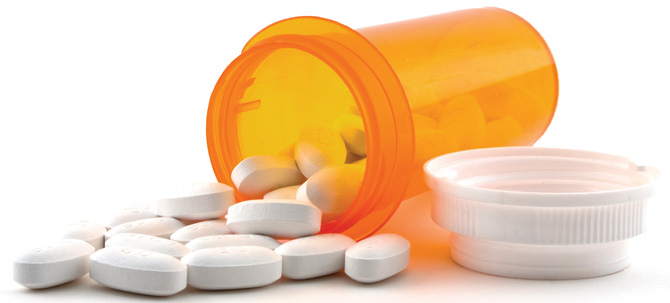Disulfiram or Anatabuse, is a drug that has been on the market to treat alcohol abuse since the 1950’s. The drug inhibits the enzyme acetaldehyde dehydrogenase resulting in a build up of acetaldehyde in the blood, which makes you feel VERY ill. However, in 2016 scientists began to evaluate many drugs for their possible use against Lyme disease, and Dr. Rajadas at Stanford University found that Disulfiram was effective against spirochetes and persister cells. Also, Dr. Kim Lewis at Northwestern University found that Disulfiram kills Lyme disease persister cells in the laboratory. Dr. Lewis believes that Disulfiram causes spirochetes to develop dysfunctional cell walls rendering them unable to replicate. Although, the mechanism of Disulfiram against Lyme disease and Babesia still remains elusive.
In 2018, Dr. Liegner began using Disulfiram in his Lyme disease patients, and found it to be a “game changer” for patients with chronic Lyme disease and Babesia (“Disulfiram (Tetraethylthiuram Disulfide) in the Treatment of Lyme Disease and Babesiosis: Report of Experience in Three Cases”). Dr. Kinderlehrer also started using Disulfiram for his patients and found it to be only “somewhat” helpful in eradicating Bartonella.
Important Information About Disulfiram:
- Disulfiram IS NOT an antibiotic, but because it does have microorganism killing properties, it probably DOES disrupt the microbiome in some way.
- Disulfiram IS NOT a sulfa drug, but it DOES contain a sulfur molecule in it.
- Disulfiram can trigger a histamine release and should be used cautiously with patients who have MCAS.
- Treat yeast before using Disulfiram because it may be a systemic antifungal and cause a yeast herxheimer reaction. Avoid sugar, vinegar, and fermented foods. If you are on alcohol containing tinctures, boil them for 10 minutes so that the alcohol can evaporate off or stop them completely.
- Disulfiram inhibits the enzyme dopamine beta hydroxylase which is necessary to convert Dopamine to Norepinephrine (both neurotransmitters). As a result, Dopamine can increase (causing agitation) and Norepinephrine can decrease (causing depression) and these imbalances can lead to psychosis and mood changes.
Disulfiram Contraindications:
- Psychosis
- Mood lability
- Epilepsy
- Neuropathy
- Alcohol toxicity
- Risk of Suicide
- Liver or Kidney Disease
*Always check with your pharmacist for contraindications before beginning any new drug.
Disulfiram Side Effects:
- Psychosis
- Mood changes
- Neuropathy
- Body Odor
- Bad breath
- Constipation
- Bloating
Disulfiram Drug Interactions:
- “Azole drugs”
- SSRI’s
- Tricyclic antidepressants
- Proton pump inhibitors
- Statin Drugs
*Always check with your pharmacist for drug/drug interactions to ensure safety.
Disulfiram Herbal Interactions (that we know of to date):
- Passion flower
- Valerian
- Yarrow
- Medical marijuana
*Always check with your pharmacist for drug herbal interactions to ensure safety.
The dosing for Disulfiram is different for each patient but generally you start low and go slow to increase the dose over time (remember the tortoise won the race).
As of February 2020, we must obtain Disulfiram from a compounding pharmacy because it is not readily available on the market. All patients who choose to use this medication must first take a dopamine beta hydroxylase (DBH) test to check for the snps. Additionally, while on the drug, patients must have frequent blood work done to monitor the liver enzymes ALT and AST because they can elevate quickly indicating hepatotoxicity.

